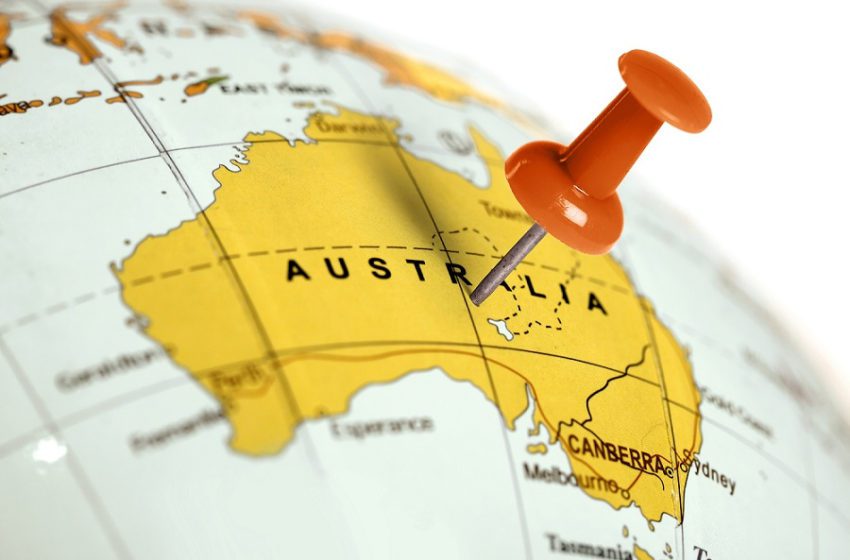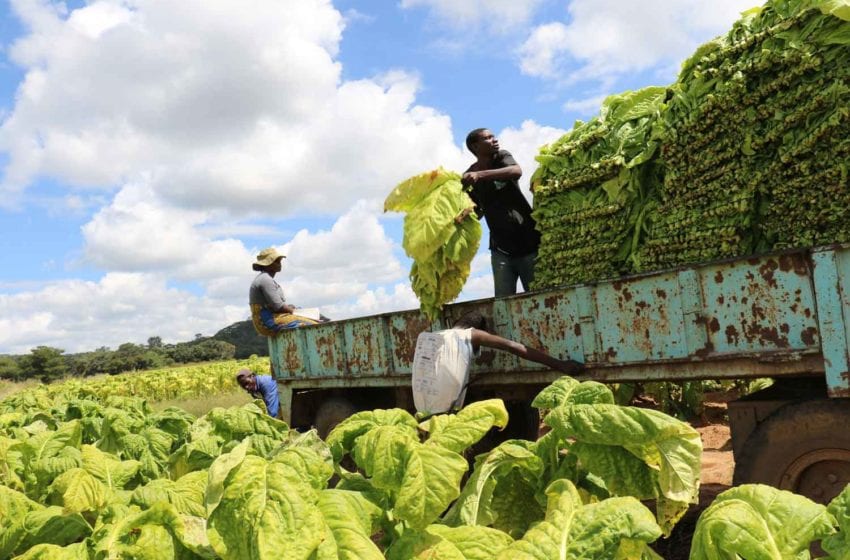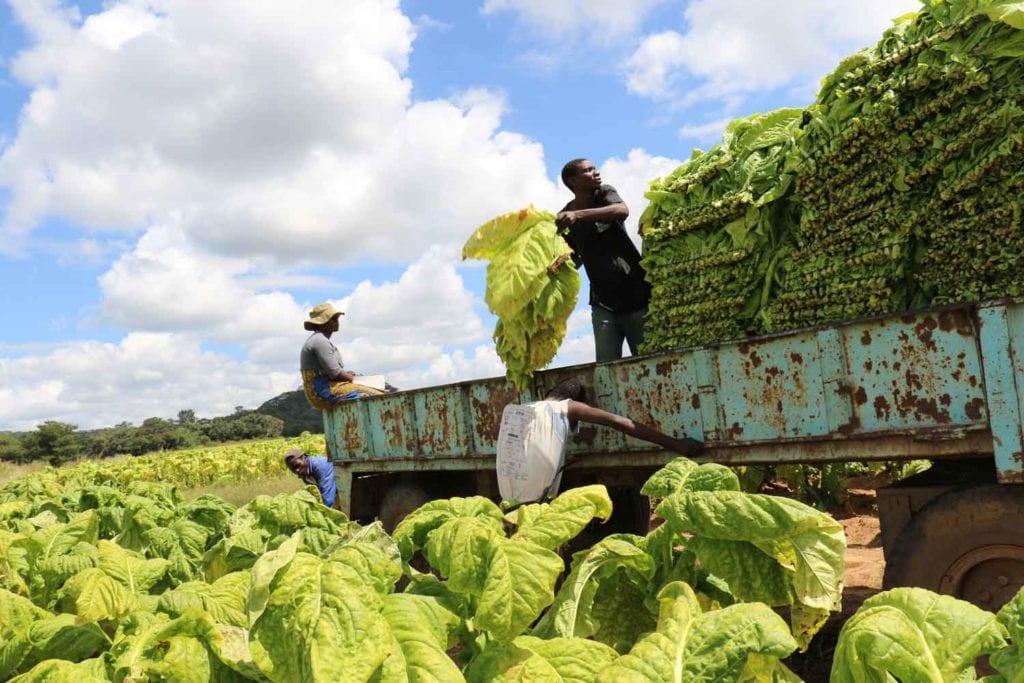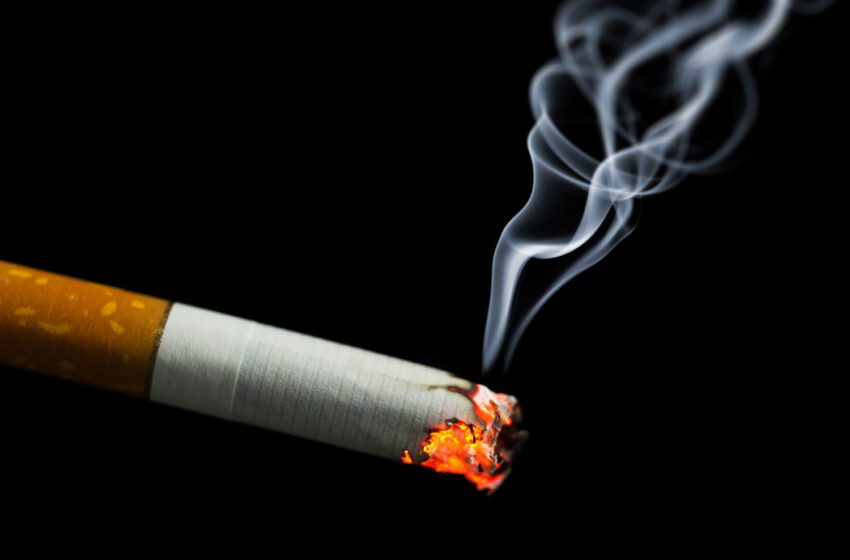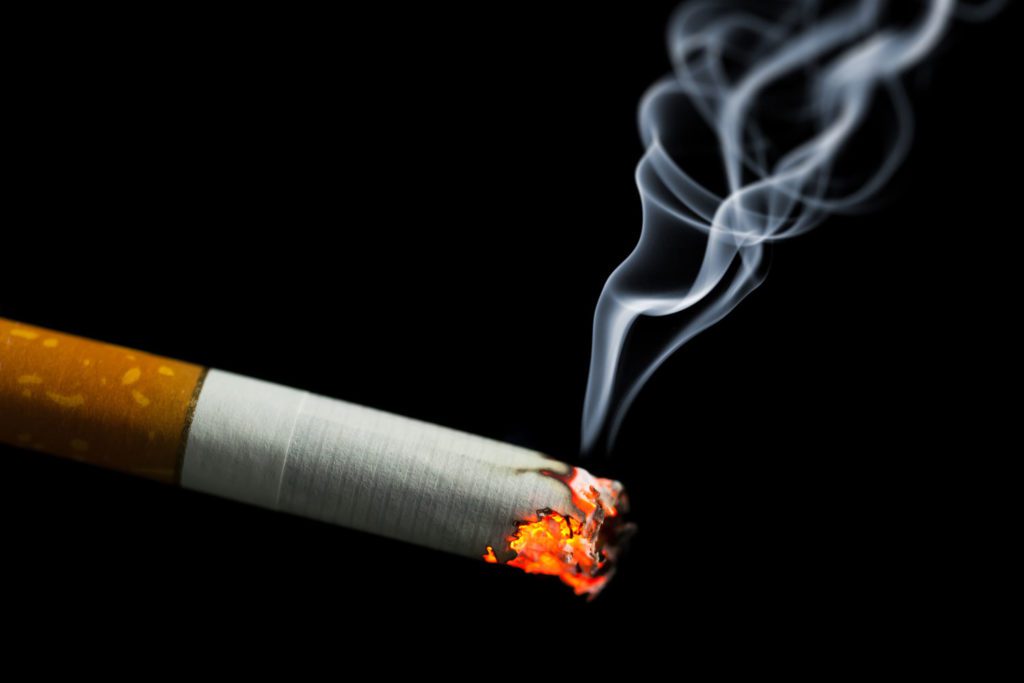
China’s health authorities have locked down Shenzhen to prevent the spread of Covid-19 from Hong Kong, which is experiencing a surge of the virus.
Shenzhen is a significant manufacturer of consumer electronics, including vapor hardware, for the global market. The city houses tech powerhouses, such as iPhone manufacturer Foxconn, and more than 170,000 vaping-related businesses. The local vapor industry employs more than 3 million people and supplies more than 90 percent of the vapor hardware used around the world, according to some estimates.
The Shenzhen lockdown will last for at least seven days. All nonessential workers must stay home, adults must take PCR tests and public transportation is being halted.
A lockdown in Shenzhen might further disrupt global supply chains because Shenzhen has one of the world’s largest ports. An outbreak in Shenzhen in late spring of last year held up port operations and caused a steep spike in global shipping rates that helped drive up prices for imported goods in the United States and elsewhere.
According to The New York Times, Hong Kong has reported nearly 3,780 Covid-19 deaths and nearly 700,000 new cases since late January. Shenzhen reported 66 new cases in a population of 17 million on Sunday.












